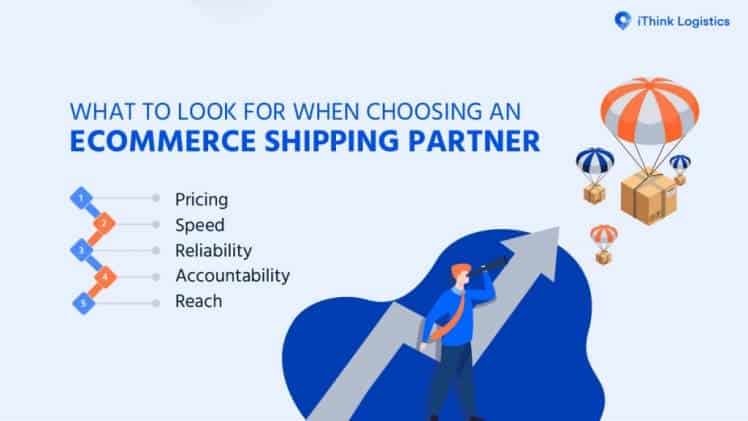How to Select the Best Shipping Partner in a Crowded Market

Selecting the best shipping partner in a crowded market is crucial for businesses aiming to optimize their logistics, enhance customer satisfaction, and maintain competitiveness. With an overwhelming number of options, making the right choice can be daunting. This comprehensive guide will navigate through key considerations, strategies, and tips to help you select the ideal shipping partner for your business needs.
Understanding Your Shipping Needs
- Analyze Your Shipping Volume and Frequency: Understanding your shipping volume and frequency is essential. Businesses with high shipping volumes may benefit from bulk shipping rates, while those with less frequent shipments might prioritize flexibility and cost-effectiveness.
- Identify Your Shipping Destinations: Consider whether you’re shipping domestically, internationally, or both. Each scenario may require different logistics capabilities, such as knowledge of international customs regulations.
- Determine Product Specifics: The nature of your products (size, weight, fragility, and perishability) significantly affects your choice. Some carriers specialize in handling specific types of goods or offer specialized services such as refrigerated shipping for perishable items.
Evaluating Shipping Partners
- Reliability and Reputation: A reliable shipping partner minimizes disruptions, delays, and damage. Research potential partners’ track records, customer reviews, and industry reputation. High reliability often correlates with higher customer satisfaction and loyalty.
- Cost Effectiveness: While cost shouldn’t be the sole deciding factor, it’s undeniably important. Compare pricing structures, including bulk rates, surcharges, and any hidden fees. Ensure the costs align with your budget without compromising service quality.
- Speed and Flexibility: Speed is a competitive advantage in today’s market. Evaluate the delivery speed options and their flexibility in handling rush orders or specific delivery timeframes. Also, consider their ability to scale operations up or down based on your changing needs.
- Technology and Tracking: Advanced tracking capabilities and technological integration are vital for transparency and managing logistics efficiently. Look for partners offering real-time tracking, seamless integration with your existing systems, and robust analytics to monitor performance.
- Customer Service: Exceptional customer service, including proactive communication and efficient problem resolution, is critical. Your shipping partner should be a collaborator in ensuring customer satisfaction.
- Sustainability Practices: With increasing emphasis on environmental responsibility, consider the sustainability practices of potential shipping partners. Eco-friendly shipping options can not only reduce your carbon footprint but also enhance your brand image.
Conducting Due Diligence
- Request References and Case Studies: References and case studies provide insights into a shipping partner’s capabilities and performance in scenarios similar to your own.
- Test the Services: If possible, conduct a trial run with shortlisted partners to assess their service quality, delivery speed, and customer service firsthand.
- Review Contracts Thoroughly: Pay close attention to the terms of service, liability clauses, and exit strategies. Ensure there’s clarity on what happens in case of service failures.
Making the Final Decision
After thorough evaluation, weigh the pros and cons of each option. Consider not just the immediate needs but also long-term scalability and flexibility. The right shipping partner is one that aligns with your business values, supports your growth, and consistently meets your shipping needs efficiently and cost-effectively.
Conclusion
Selecting the best shipping partner in a crowded market requires a comprehensive approach, focusing on your specific needs, evaluating potential partners thoroughly, and considering both current and future logistics requirements. By prioritizing reliability, cost-effectiveness, flexibility, technological capabilities, customer service, and sustainability, you can establish a partnership that enhances your supply chain, supports your business growth, and ultimately leads to higher customer satisfaction. Remember, the best choice is one that complements your business strategy, values, and goals, ensuring a mutually beneficial and enduring partnership. Explore the best online transport marketplace to find a shipping partner that meets these criteria.




